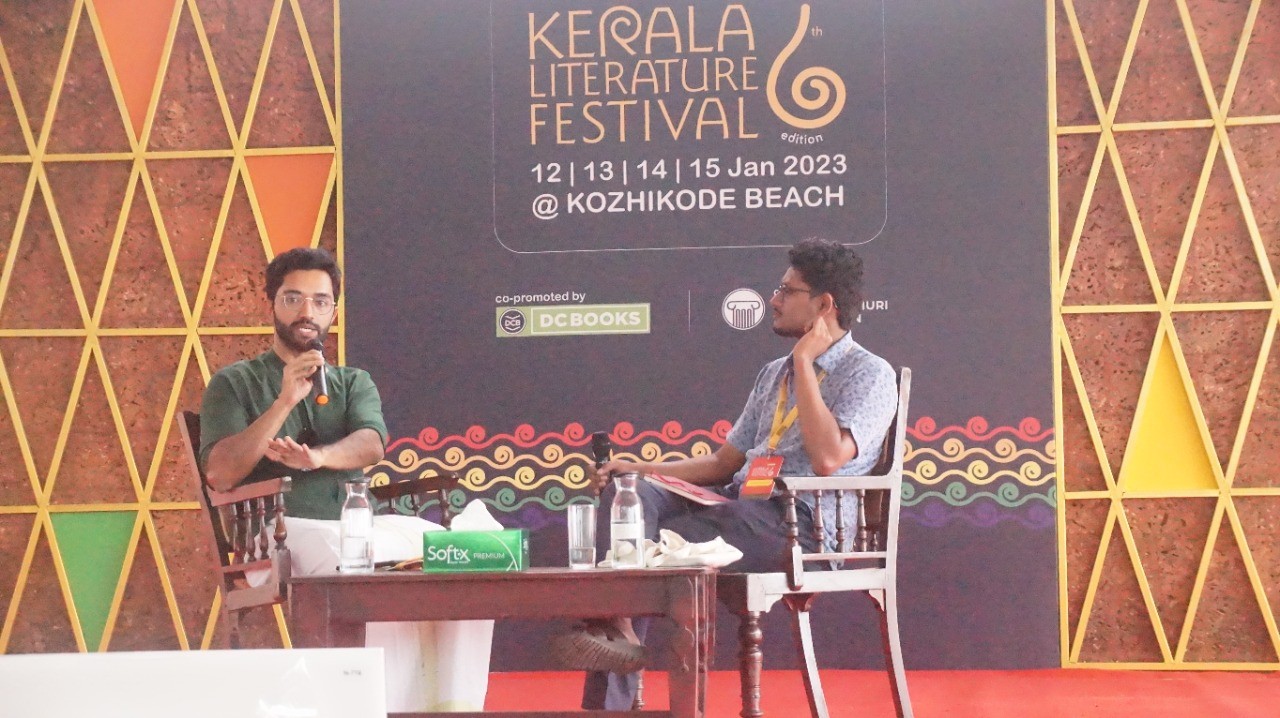Teaching Historical Literacy

The session began with Manu S. Pillai asking about the use of technology in writing. Anirudh Kanisetti retells a memory of how “The Echoes of India,” a podcast by him, was made. He said he wanted to do a pure audio format that would make your work interestingng. Anirudh Kanisetti retells a memory of how “The Echoes of India,” a podcast by him, was made. He said he wanted to do a pure audio format that would make your work interesting. He added about how he asked his audio engineers to make a podcast in such a way as to get people’s attention.
Manu opined that “every source of novels that are produced now is a source to understand the period of now” and the different archives. He went on to say that history is fascinating because you can get every version of the time period. The glorified version, the serious version, the sexy version, etc. According to Anirudh, history is the story of life, and economic and social processes ultimately shape history.
The Cholas and their different versions of murals The standard Bengali representation of Kali and how people reinterpreted it by saying Kali once slipped on Shiva and said “Ayo” is how the version of Kali sticking out her tongue came into being. Adding that this is how people become uncomfortable with history and reinterpret the ideas presented,
Anirudh said Indians suddenly care about the oriental aspect, thinking that whites won’t accept them. He also mentioned the erotic sculptures in Indian culture and the ideas about sex that are restricted in our culture. Manu advanced by mentioning “World Family History” by Simon Sebag Montefiore, in which he talked about power politics that run through the family.
Anirudh elaborated on PM’s remark that “historians have created a bias.” Manu replied that no historians are unbiased. The influence of our lives and culture adds to the bias. History is about debate and argument, and it is constantly evolving as a subject. He also stated that his writing has evolved over the last seven years.
The job of a historian is not to give fixed answers, and there is no fixed narrative. It is not just to talk about stories; it is also important to teach historical literacy.

Comments are closed.